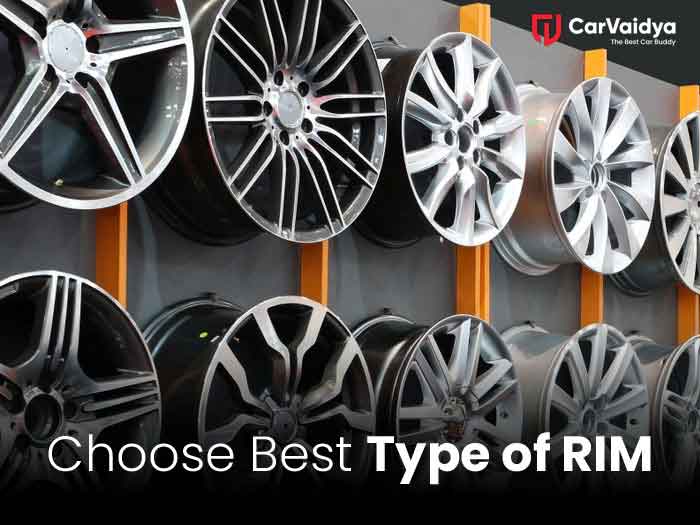Selecting the perfect set of rims for your vehicle is not merely about aesthetics; it also significantly influences performance, handling, and overall driving experience. With a plethora of options available in the market, finding the right rims can be a daunting task. This article aims to guide you through the process of choosing the most suitable rims for your vehicle, considering factors such as size, material, style, and budget.
1. Size Matters
One of the primary considerations when choosing rims is the size. It's crucial to select rims that match your vehicle's specifications. The size of the rims affects both the appearance and performance of your car. Larger rims may enhance the aesthetics, but they can also impact ride comfort and handling. On the other hand, smaller rims might provide a smoother ride but could compromise the overall look. Consult your vehicle's manual or a trusted professional to determine the appropriate rim size for your specific make and model.
2. Material and Construction
Rims are made from various materials, each offering distinct advantages and disadvantages. Common materials include aluminum alloy, steel, and forged alloy. Aluminum alloy rims are popular for their lightweight nature and aesthetic appeal, while steel rims are durable and often more budget-friendly. Forged alloy rims, though pricier, are known for their strength and performance benefits. Consider your driving needs, climate, and budget when deciding on the material for your rims.
3. Style and Aesthetics
The style of rims you choose can significantly impact your vehicle's appearance. Whether you prefer a classic, sporty, or modern look, there are numerous designs available, from spoke patterns to intricate alloy designs. Additionally, consider the finish – options range from chrome and polished metal to matte and painted finishes. Select a style that complements your vehicle's overall aesthetic and personal preferences.
4. Budget Considerations
Establishing a budget is essential before delving into rim options. Rims come in a wide price range, and while it's tempting to go for high-end models, it's crucial to balance quality and cost. Consider your priorities – whether it's enhanced performance, durability, or purely aesthetics – and allocate your budget accordingly. Remember that investing in a quality set of rims can have long-term benefits, such as improved performance and longevity.
How they are made
Alloy wheels are crafted from a blend of metals, including aluminum, magnesium, and nickel. This composition imparts lightweight properties to the wheels, making them significantly lighter than their steel counterparts.
Advantages and disadvantages of steel rim
Car manufacturers often equip the top variants of their cars with alloy wheels because they are lighter in weight compared to steel rims. Installing alloy wheels in a car improves handling and provides a lighter feel. Additionally, alloy wheels come in various designs, enhancing the overall aesthetic appeal of the car. However, the downside is that alloy wheels tend to be more expensive, and getting them installed can incur additional costs.
Choosing the right rims for your vehicle involves careful consideration of size, material, style, and budget. By understanding these factors and conducting thorough research, you can make an informed decision that not only enhances the visual appeal of your vehicle but also contributes to a better driving experience. Take the time to consult with experts, read reviews, and test different options to find the perfect set of rims that aligns with your vehicle's specifications and your personal preferences.

